ERC721 Development
ERC721 Development involves creating non-fungible tokens (NFTs) on the Ethereum blockchain that comply with the ERC721 standard. Unlike ERC20 tokens, ERC721 tokens are unique and indivisible, representing ownership of digital or physical assets such as art, collectibles, music, virtual real estate, and in-game items. Each token has a distinct value, metadata, and identifier, ensuring authenticity and provenance. ERC721 tokens leverage smart contracts to automate ownership transfers, royalty distributions, and approvals. This standard ensures compatibility with Ethereum wallets, marketplaces, and decentralized applications (DApps), enabling creators and businesses to build secure, transparent, and scalable NFT ecosystems.
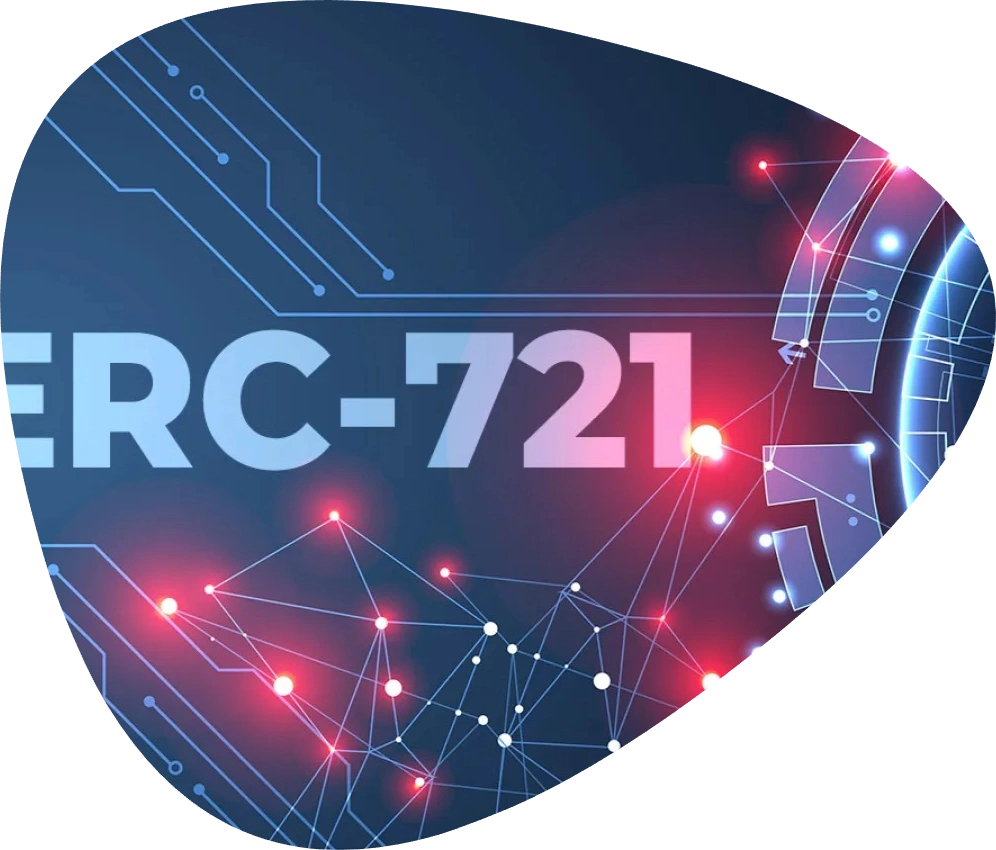
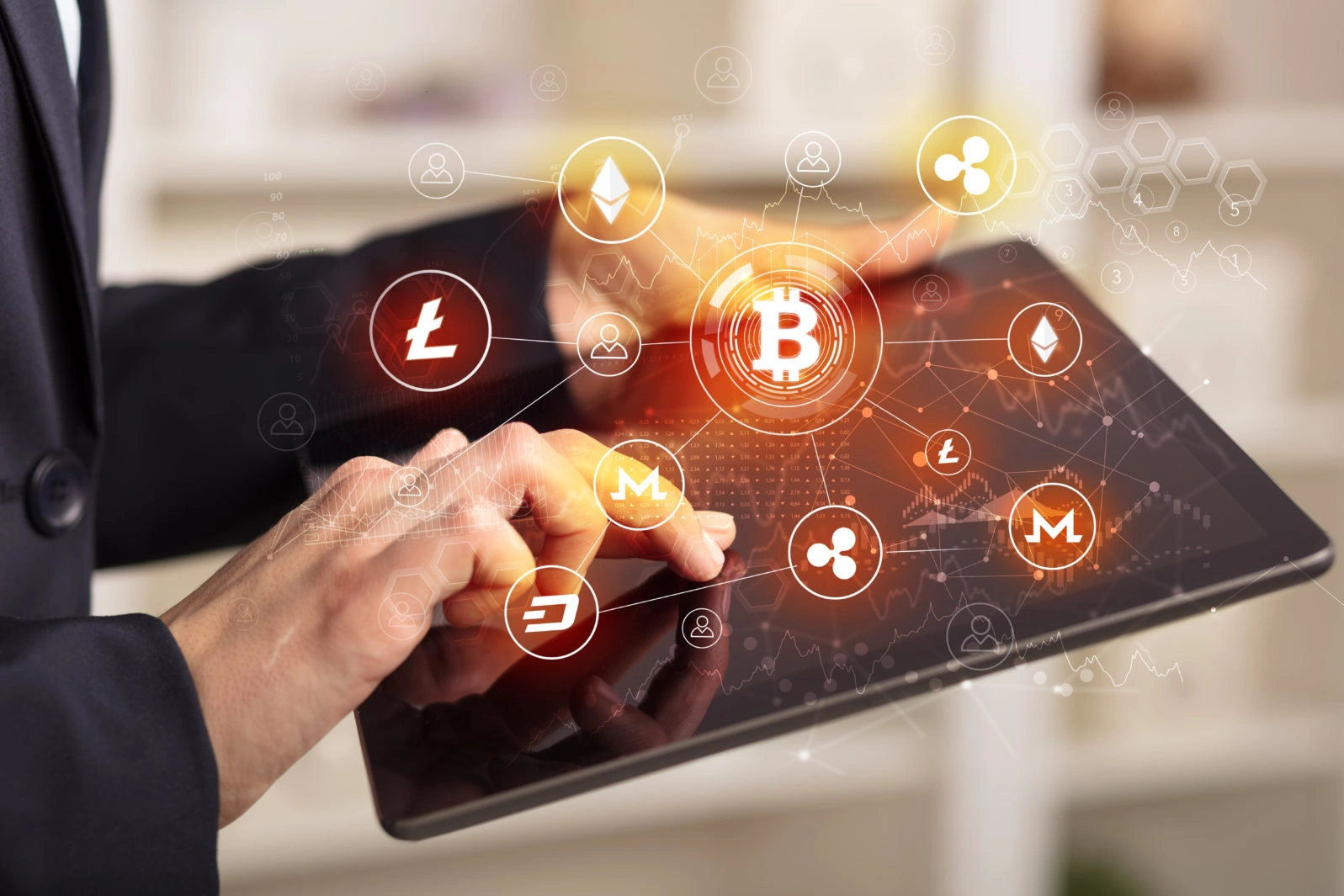
Next-Gen ERC721 Token Ecosystem – Reliable, Customizable, and Scalable
The Next-Gen ERC721 Token Ecosystem is a comprehensive platform for creating, deploying, and managing non-fungible tokens (NFTs) on the Ethereum blockchain. Designed for enterprises, developers, and creators, it enables the minting of unique, verifiable digital assets such as art, collectibles, music, virtual real estate, and in-game items. This ecosystem is reliable, scalable, and highly customizable, allowing businesses to define token metadata, ownership rules, royalties, and custom attributes for each NFT. By leveraging smart contracts, the platform ensures secure, transparent, and automated transactions, making NFT management seamless and efficient. It also integrates easily with NFT marketplaces, wallets, and decentralized applications (DApps), providing a fully interoperable and robust infrastructure for digital asset ecosystems.
ERC721 NFT Ecosystem for Enterprises – Secure, Scalable, and Efficient
The ERC721 NFT Ecosystem for Enterprises is a robust platform designed to help businesses create, deploy, and manage non-fungible tokens (NFTs) on the Ethereum blockchain. This enterprise-grade ecosystem enables organizations to tokenize digital and physical assets such as art, collectibles, music, gaming items, and virtual real estate, ensuring unique ownership, provenance, and monetization opportunities.
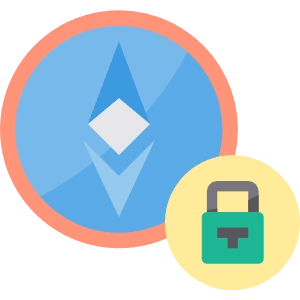
Unique & Non-Fungible Tokens
Each NFT is distinct and verifiable, providing enterprises with secure ownership, authenticity, and provenance for digital and physical assets.

Smart Contract Automation
Automates token minting, ownership transfers, approvals, and royalty distributions, reducing manual effort and ensuring accuracy.
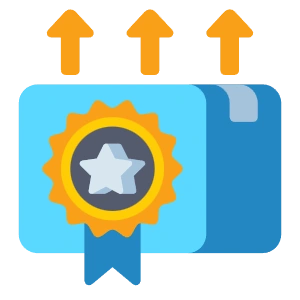
Enterprise-Grade Scalability
Supports high-volume NFT operations, multi-user interactions, and large-scale deployments, making it suitable for businesses of all sizes.
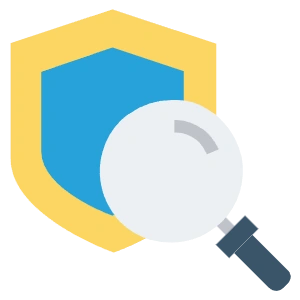
Security & Transparency
Blockchain-backed infrastructure ensures tamper-proof, immutable, and auditable NFT transactions for full operational trust.
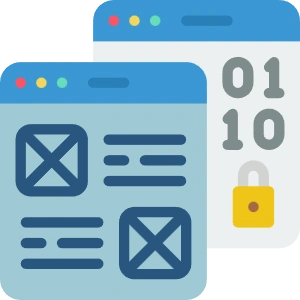
Customizable Metadata & Attributes
Enterprises can define images, videos, descriptions, digital signatures, and asset-specific metadata, tailoring NFTs to specific business needs.
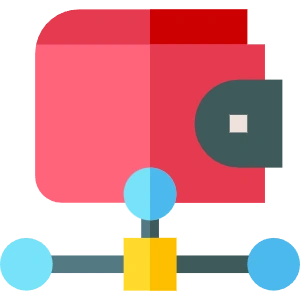
Marketplace & Wallet Integration
Fully compatible with Ethereum wallets and leading NFT marketplaces, enabling seamless trading, liquidity, and global access.
ERC721 Digital Asset Architecture – Reliable, Transparent, and Scalable
The ERC721 Digital Asset Architecture is an enterprise-ready framework for creating, deploying, and managing non-fungible tokens (NFTs) on the Ethereum blockchain. Designed for businesses, developers, and creators, it enables the tokenization of unique digital and physical assets such as art, collectibles, music, gaming items, and virtual real estate, providing reliable ownership, provenance, and monetization opportunities.
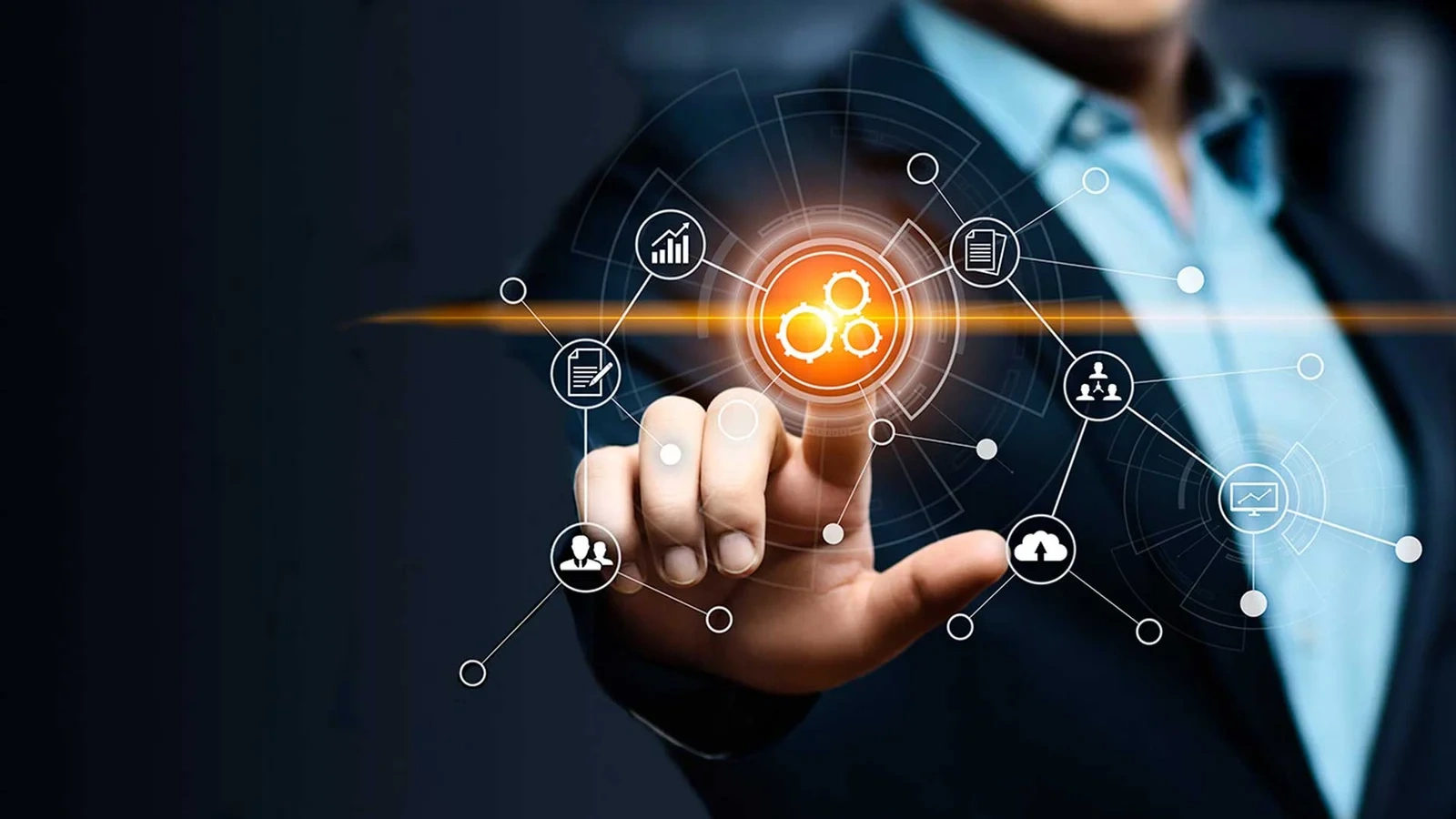
Global ERC721 Digital Asset Platform – Reliable, Scalable, and Transparent
The Global ERC721 Digital Asset Platform is an enterprise-ready solution for creating, managing, and deploying non-fungible tokens (NFTs) on the Ethereum blockchain. Designed for businesses, creators, and developers, this platform enables the tokenization of unique digital and physical assets such as art, collectibles, music, gaming items, and virtual real estate, ensuring reliable ownership, transparency, and monetization opportunities.Built for scalability and global operations, the platform leverages smart contracts to automate NFT minting, transfers, approvals, and royalty distributions. Its architecture ensures secure, transparent, and verifiable transactions, while fully integrating with Ethereum wallets, NFT marketplaces, and decentralized applications (DApps), allowing enterprises and creators to manage NFTs efficiently on a global scale.
FAQ
What is ERC721 Development?
ERC721 Development involves creating non-fungible tokens (NFTs) on the Ethereum blockchain that are unique and indivisible. Each token represents ownership of a specific digital or physical asset, such as art, collectibles, music, gaming items, or virtual real estate.
How is ERC721 different from ERC20 tokens?
Unlike ERC20 tokens, which are fungible and interchangeable, ERC721 tokens are unique and non-fungible, with individual metadata and identifiers. This makes them ideal for representing digital collectibles and assets that require verifiable uniqueness.
What industries use ERC721 tokens?
ERC721 tokens are widely adopted in art, gaming, music, collectibles, virtual real estate, and enterprise asset tokenization, enabling secure ownership, monetization, and trading of unique digital assets.
How are ERC721 tokens created and managed?
ERC721 tokens are created using Ethereum smart contracts that automate minting, transfers, approvals, and royalty payments. This ensures efficient, secure, and transparent token management without intermediaries.
Can ERC721 tokens include royalties?
Yes. ERC721 smart contracts can be programmed to automatically distribute royalties to creators on primary and secondary sales, ensuring ongoing revenue from the tokenized assets.
How secure are ERC721 tokens?
ERC721 tokens leverage Ethereum’s blockchain security, providing immutable, tamper-proof, and auditable transactions. Security also depends on well-audited smart contracts to prevent exploits and vulnerabilities.
What are the benefits of ERC721 Development for businesses?
ERC721 Development offers unique asset representation, automated monetization, global accessibility, and secure ownership tracking. It is ideal for enterprises building NFT marketplaces, digital collectible platforms, gaming ecosystems, or tokenized asset solutions.

